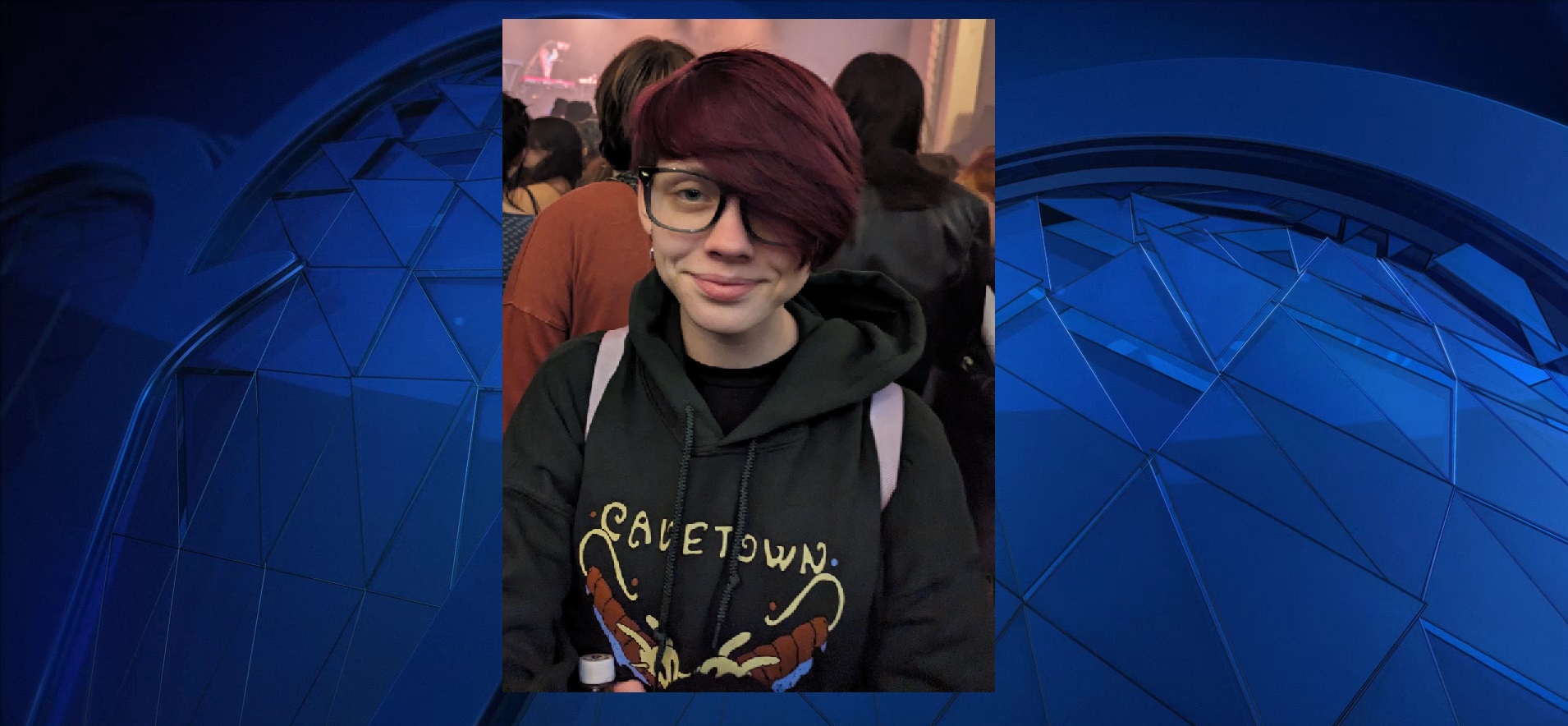The final minutes of debate on the Senate's fiscal 2025 budget were interrupted late Thursday night by an emergency alarm in the State House, forcing senators, staffers and building workers to evacuate around 10:45 p.m. The $57.999 billion budget passed without dissent just after midnight Friday and permanently enshrines free community college into law.
State police said at 11:11 p.m. that senators and staff could go back inside, saying there had been a water leak in the basement of the building. Senators gaveled back into session by 11:18 p.m.
"What an interesting night," Senate President Karen Spilka said as she addressed the chamber following the unplanned half-hour recess at the end of the three-day debate.
Senators voted unanimously, 40-0, just after midnight Friday morning to pass the bill. It invests in K-12 education, regional equity, mental health, universal school meals, operating support for the MBTA and for MassDOT.
With the Senate back in its chamber and having engrossed its budget, "the dance" with the House can begin after the long Memorial Day holiday weekend. Lawmakers are supposed to have a fiscal 2025 budget in place by the time that year starts July 1, but Massachusetts is routinely one of the last states in the country to put an annual budget in place.
When the emergency alarm went off at 10:43 p.m., the Senate was talking about a Sen. Jason Lewis amendment that would reboot the effort to reconsider the state seal, motto and flag with a new group when an emergency alarm blared during Sen. Jo Comerford's remarks.
Senate budget debate alarm
Local
"Attention please. The signal tones you have just heard indicate a report of an emergency in this building. Please walk to the nearest exit and leave the building," a recording said as the fire alarms went off.
Sen. William Brownsberger, the presiding officer, put the Senate in a recess subject to the call of the chair but asked people to stay close until they knew what was going on. Many senators, staffers and others evacuated under the Mt. Vernon Street archway.
After the Lewis amendment, all that remained of the 1,100 amendments filed to the Senate Ways and Means Committee's $57.9 billion fiscal 2025 budget was the technical amendment from Chairman Michael Rodrigues.
Since beginning to consider amendments on Tuesday, senators adopted 475 amendments, rejected 400 and withdrawn 225. Most of those adopted and rejected amendments were dispensed with in bursting bundles that can check off dozens of proposals with a single voice vote.
More on the budget
The budget delivers historic levels of investment in every level of education, regional equity, and mental health to build towards a more affordable, equitable, and competitive Commonwealth, according to a press release from the senate, which says they added $89.6 million in spending for statewide initiatives and local priorities for communities around the state.
The budget removes barriers to accessing public higher education by codifying into law MassEducate, a $117.5 million investment in universal free community college program that covers tuition and fees for residents, aimed at supporting economic opportunity, workforce development, and opening the door to higher education for people who may never have had access.
“Today our chamber took a vote of confidence in every Massachusetts resident going to school, raising a family, and working to make ends meet —today we took a vote for an affordable, competitive, and equitable Commonwealth,” Senate President Karen E. Spilka (D-Ashland) said in a statement. “This budget is an investment in our people, and it is an investment in our collective future. I want to thank Chair Rodrigues, Vice Chair Friedman, Assistant Vice Chair Comerford, the Committee, and all my Senate colleagues and staff for their thoughtful and collaborative work on this great budget.”
Senator Michael J. Rodrigues (D-Westport), Chair of the Senate Committee on Ways and Means, says the FY25 budget makes transformative investments in education, regional equity, and build's upon the state's workforce economy.
Senator Jo Comerford (D-Northampton), Assistant Vice Chair of the Senate Committee on Ways and Means, said she is proud of the many ways this budget rises to meet the needs and opportunities of all Massachusetts residents, citing universally free community college, record public higher education investments, and significant funding for rural roads and bridges, local public health and K-12 schools.
A committee will now work to combine the budget bills passed by both the Senate and House.



